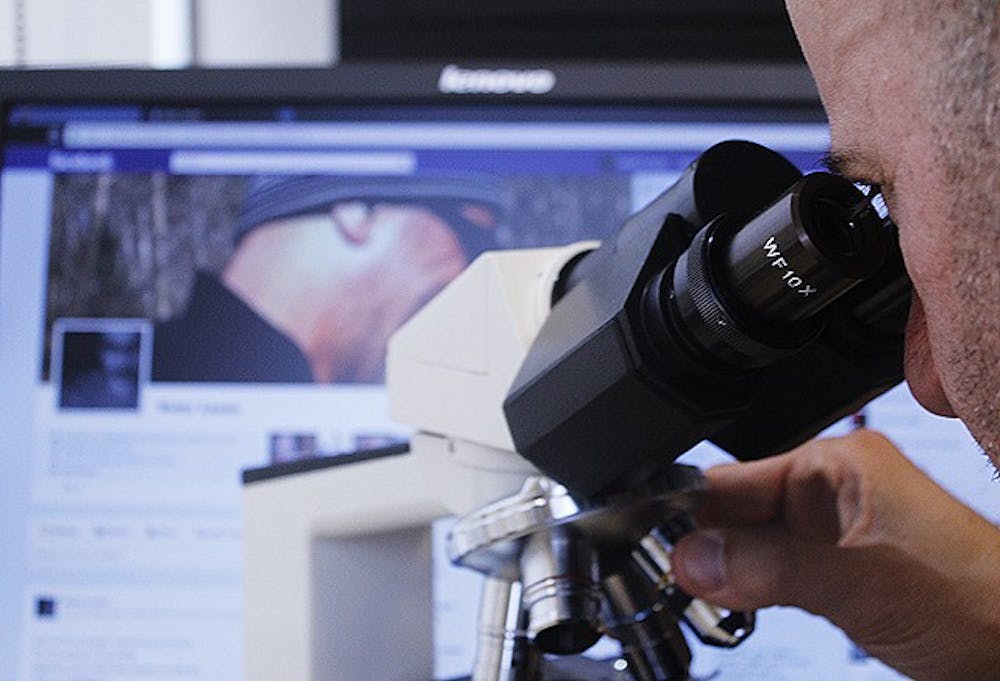Imagine a Facebook app that could tell you one of your friends has a sexually transmitted disease and that you are at risk.
A team of UNC researchers has determined that such an app would be an effective avenue for inhibiting the spread of STDs, given the strong link between social and recreational habits.
“Looking at the data, sexual networks and social networks fit together extremely well,” said Dr. Peter Leone, who has been researching the relationships between friend groups and individual habits.
Leone, the medical director of the N.C. HIV/STD Prevention and Control Branch, said educating people about these diseases in new ways is being thoroughly explored.
“People tend to hang with folks who engage in similar interests and activities,” he said.
Even though they may differ in gender or race, groups of friends could have sexual partners in common or engage in similar behavior, he said.
“Social networks quantify people that are alike that we wouldn’t be able to capture in other demographics,” Leone said.
“We want to get to folks that are at a higher risk and don’t know it,” he said.
The researchers hope to use websites and social networking sites like Facebook to educate people about STDs.



